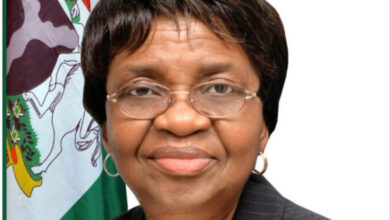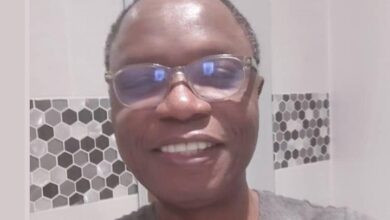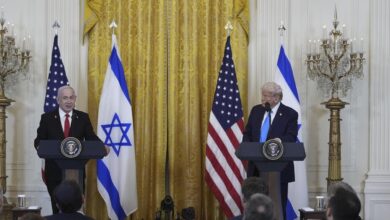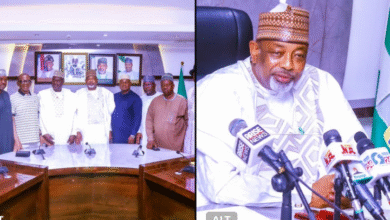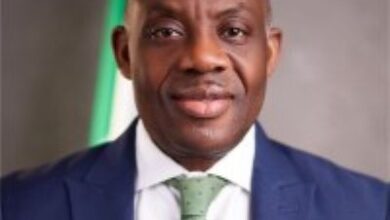Burkina Faso: So, Independence Is Now a Crime?

By Amarike Akpoke
There’s a strange sound rising from Western capitals lately. A new concern is echoing through the halls of think-tanks, foreign ministries, and development agencies. What’s the object of this sudden interest? Burkina Faso.
Not because the country is quietly enduring the brunt of terrorism, nor because half its population lives in poverty. No; the concern comes now because Burkina Faso has begun to do something audacious: govern itself. And boldly too without permission from the Imperial headquarters.

In recent months, Captain Ibrahim Traoré and his government have begun asserting national control over resources. They’re mining gold, not for export via French conglomerates, but for local value and national development. They’re proposing education reforms, rejecting exploitative financial arrangements, and questioning the usefulness of foreign military presence.
And suddenly, Traoré is no longer “a young leader to watch.” He’s now a “strongman;” “a threat to regional stability,” “a populist.”
The script is familiar. We’ve seen it before with Thomas Sankara, who dared to feed, educate, and liberate his people without IMF guidance; with Patrice Lumumba, who believed independence should be more than symbolic; with Muammar Gaddafi, who funded pan-African development, and paid dearly for it.
Let’s be clear. The West doesn’t fear African dictators. If it did, its closest allies wouldn’t include Kingdoms and lifelong presidents. What unsettles the global order is an African state that reclaims agency, demands fairness in trade, and questions old arrangements that benefit the few at the expense of the many.
What the West fears is an Africa that grows on its own terms. Burkina Faso’s latest moves signal not chaos, but a paradigm shift; a nation trying, with all its flaws, to prioritize its people and its future. But in a world where independence is only applauded when it aligns with external interests, such moves are quickly labeled dangerous.
So let’s ask. Who defines ‘stability’? Who decides which revolutions are legitimate? Across the continent, young people are no longer satisfied with flags and anthems while policies remain externally dictated. They are asking hard questions about sovereignty, about wealth, about who benefits from democracy when election results follow money, not votes. And they are watching; watching how the world reacts not when we beg, but when we build.
To our global partners, your headlines are showing. If Africa’s desire to stand tall unnerves you, perhaps it’s time to examine your own standing. If we want advice, we’ll ask. If we want partnership, we’ll offer terms. But if we choose to chart our course, with gold in our hands and vision in our eyes, don’t call it a threat. It’s not a coup. It’s called growth.
And for your information, we don’t need permission. Captain Troare and his likes don’t need your endorsement. Africa is coming. God on our side, it shall be a Davidian triumph over modern Goliaths!
Post Views: 144

